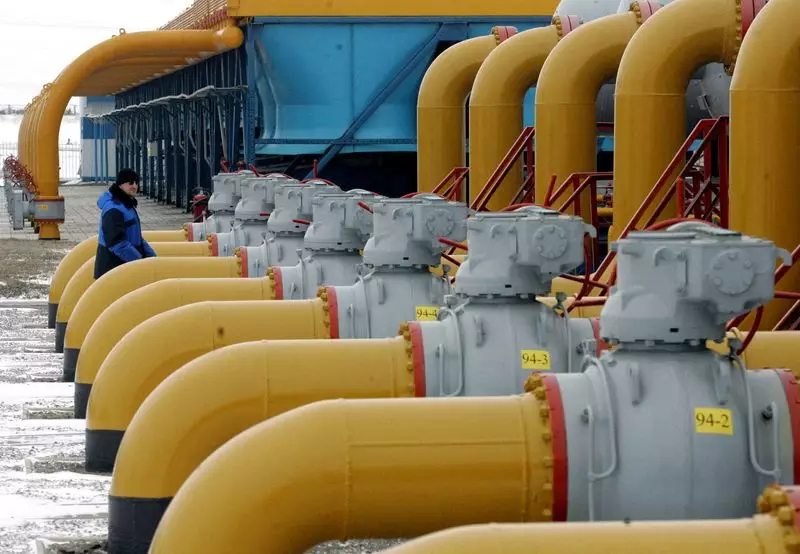The cessation of Russian natural gas exports through Ukrainian pipelines marks a pivotal moment in European energy relations. Effective from January 1, 2025, the expiration of transit agreements paired with the ongoing conflict between Moscow and Kyiv has not only ended a longstanding energy partnership but also dramatically reshaped the landscape of European energy supply chains. This event underscores the profound implications of geopolitical conflicts on energy security, market dynamics, and the economies of involved nations.
The historical roots of this energy interdependence can be traced back to the Soviet era, where gas pipelines crisscrossing Ukraine played an integral role in supplying Europe’s energy needs. However, the relationship soured drastically after Russia’s annexation of Crimea in 2014, leading to a severe mistrust that evolved into outright hostility. Ukraine’s decision to halt the import of Russian gas in 2015 was a significant turning point, reflecting broader geopolitical tensions.
Ukraine’s Energy Minister, German Galushchenko, boldly stated that the halting of gas transit represents a “historic event” signaling Russia’s diminishing foothold in European markets. The anticipated fallout from this decision is extensive; Gazprom, Russia’s state-controlled gas giant, will experience severe economic ramifications, losing an estimated $5 billion in annual gas sales. Ukraine, for its part, may grapple with a $800 million deficit in transit fees, further exacerbating its economic challenges.
The implications of this energy conflict transcend financial losses; they significantly alter Europe’s energy dependencies. Long reliant on Russian gas, many countries are now pivoting away from this dependence, a process accelerated by the military conflict that erupted in February 2022. The European Union has intensified its search for alternative energy sources and suppliers, making strides toward energy independence, especially in the face of external pressures.
Russia’s TurkStream pipeline has emerged as one of the few remaining conduits for gas exports to Europe. However, its capacity is largely relegated to servicing the Turkish market and select Central European countries such as Hungary and Serbia. Although these alternatives offer some continuity, they do not fill the substantial gap left by the cessation of Ukrainian routes, which have historically accounted for nearly half of Russia’s gas exports to Europe.
The ramifications of the halted gas exports extend beyond Ukraine and Russia, significantly impacting neighboring countries. Moldova, which was previously reliant on Russian gas supplies, now faces dire circumstances, with the potential to reduce its consumption by a third. Other nations that have historically relied on these gas flows are also scrambling to secure alternative energy sources, fearing similar disruptions.
The crisis has sparked urgent discussions among European leaders about energy security and diversification strategies. Countries such as Slovakia and Austria, which have previously transited Russian gas via Ukraine, are actively seeking new partnerships to solidify their energy independence. This reshuffling within the energy sector could potentially lead to innovative solutions and a more resilient European energy framework in the long run.
The expiration of the gas transit deal between Russia and Ukraine serves as a stark reminder of the interconnectedness of energy and geopolitics. As the dust settles on this latest chapter in European energy history, it will become increasingly evident how nations adjust to this new reality.
Long-term strategies must involve diversification of energy supply, investment in renewable resources, and building more robust energy infrastructures to insulate against future geopolitical disruptions. As the relationship between Russia and Europe continues to evolve, this moment could be remembered as a catalyst for significant change in the global energy landscape. Stakeholders across the spectrum will need to navigate this complex environment to ensure their energy security and economic stability in a world where energy diplomacy has never been more critical.

